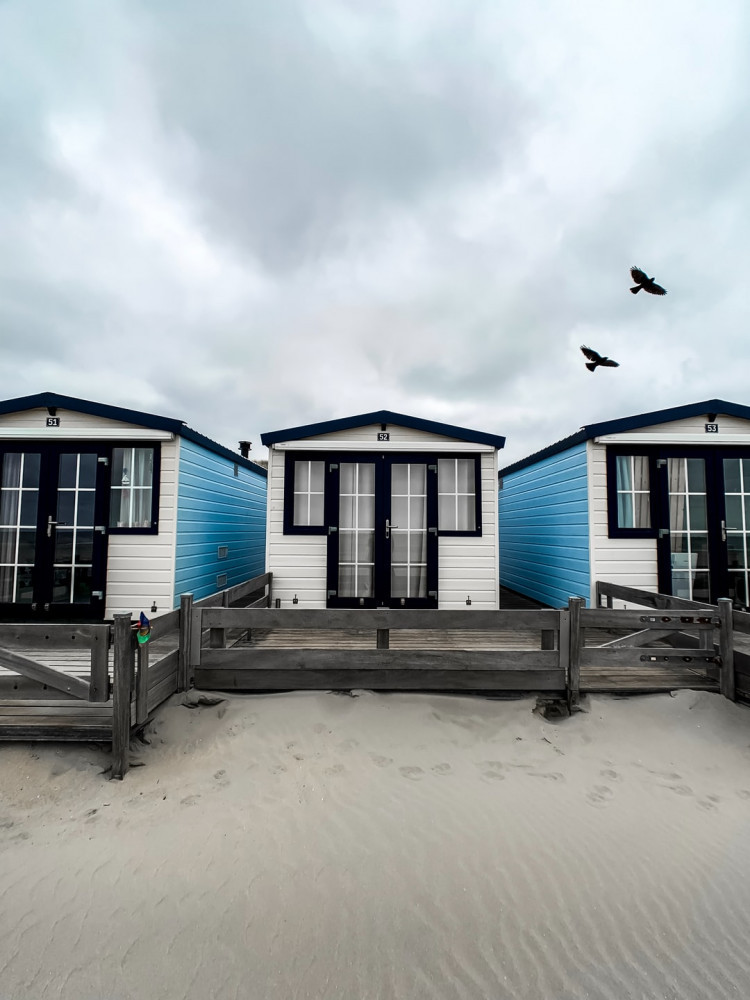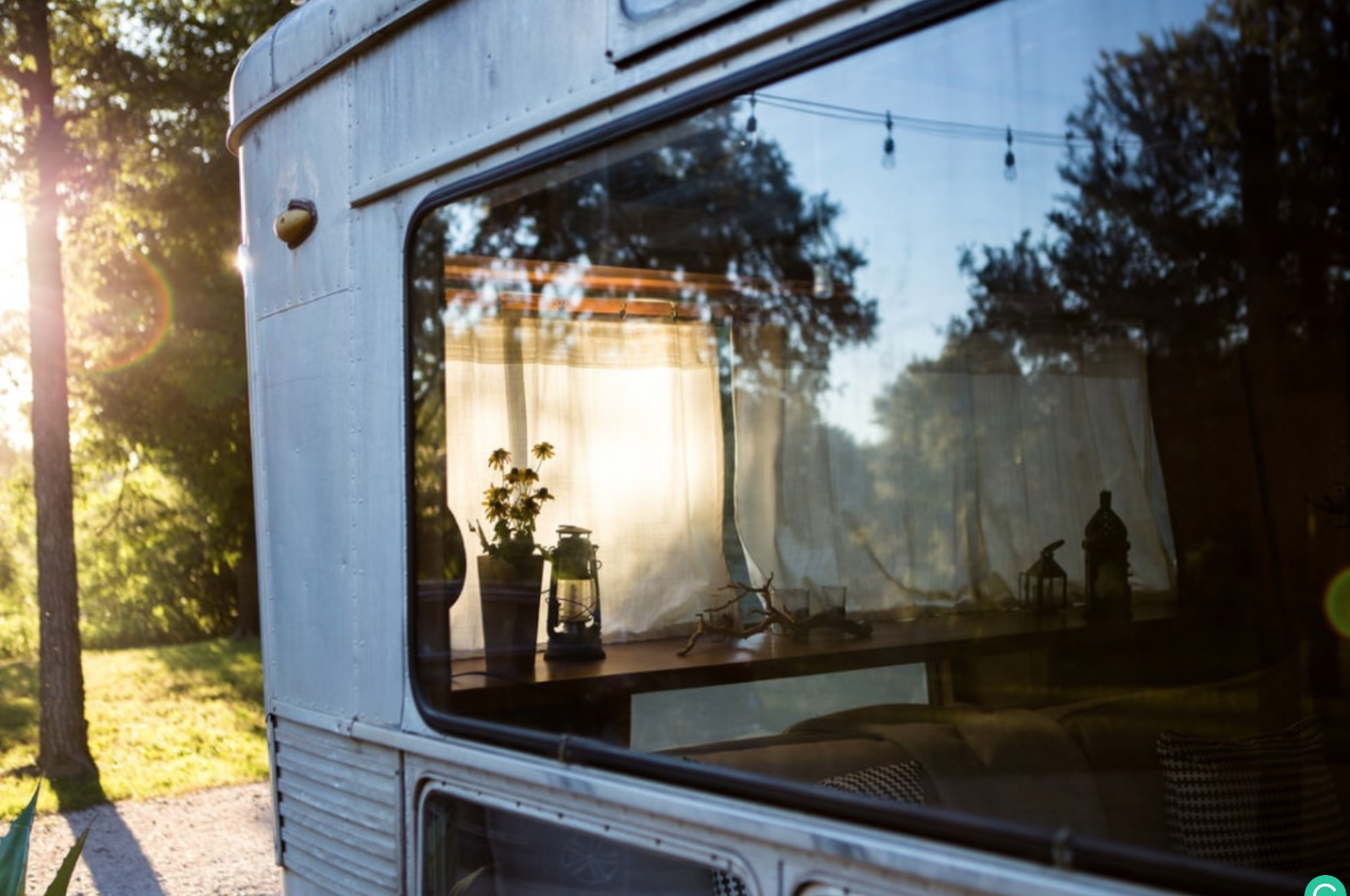Mobile home sales have been growing in recent years in the United States. As rental rates continue to rise, many people see the opportunity to move away from renting to owning their own home, albeit a mobile one. Millennials are among this group of people considering purchasing a mobile home. This type of housing represents early progress in front of a traditional scheme that is not achievable at the moment. But are mobile homes cheaper?
Mobile homes are indeed cheaper. The reasons are because they are mass-produced structures. The assembly lines of the mobile homes allow them to have a more affordable price than traditional houses. But you should know that getting a mortgage for this type of home is more complicated.
When we moved to Delaware from California, we were surprised to see many communities with mobile homes in Delaware. Based on my research, it looks like this housing option has found a market full of people who have difficulties achieving their dream of owning their own homes at a low cost. Buying a mobile home has many advantages, but it also has its disadvantages. It is important for a home buyer to evaluate all the pros and cons that will lead to making the best decision. Let’s get a deeper understanding of this topic.
What Is A Mobile Home?
Mobile homes are prefabricated homes that are built entirely in factories and not on site. Once these homes are ready, you can take them to the place where the owners will live.
In their early days, mobile homes were structures placed on permanent chassis with wheels. You could move the mobile homes from one place to another thanks to tractor-trailers that pulled them along the road to their final destination.
Nowadays, mobile homes are authentic dwellings. They have a fixed place of installation and permanence. Despite this, they can still be transported to another location if needed. However, once you set up the mobile home in a park, it costs thousands of dollars to move elsewhere. As a result, for most people moving their home requires serious thinking.
Characteristics of a Typical Mobile Home
- It is a home that has at least 320 square feet of construction
- It is a home built entirely in a factory
- The selling company transported it as a complete and finished unit to its final destination for installation only
- It has a permanent chassis on its foundation
- It is a home governed by the U.S. federal building code
What A Mobile Home Is Not
To clear up any confusion, you must know what a mobile home is not:
- A vehicle with a house on it for recreational purposes
- A camper
- A trailer
- A modular home – Factories build modular homes in sections, and they transport it in parts. The factory assembles these parts at the final destination.
What Is The Origin Of Mobile Homes?
To get to the origin of mobile homes, we have to travel back to 1976. In that year, factories sold these prefabricated homes on a massive scale as mobile homes. They had many similarities to caravans or travel trailers in that you could move them from place to place. They had accessories such as frames, axles, wheels, and trailer hitches.
At that time, the federal government intervened to ensure that this type of housing was safe for the American people. That’s why it passed a Manufactured Home Construction and Safety Standard in 1976. These standards established regulations to make mobile homes safer and more resistant to natural events.
However, it wasn’t until 1976 that mobile homes became legally known as “manufactured homes.” This law governs mobile homes in order to make them more stable and safer.
Why Are Mobile Homes So Affordable?
The average new mobile home in 2018 retailed for $78,500 (excluding land), while the average conventional home with land for the same year cost $385,000. This significant price difference confirms how affordable a mobile home can be, even with land, compared to traditional homes.
There is a straightforward reason for this significant price difference: mobile homes cost much less to manufacture than conventional homes. Factories build mobile homes in-house so that they can control all stages of the construction process. They can use standardized manufacturing methods to prevent and avoid costly mistakes and damage. They have no delays due to weather conditions.
Another point that lowers the cost of these houses is that manufacturers can buy materials in bulk. This procedure is the concept of economy of scale at its best.
What Are The Types Of Mobile Homes, And What Is Their Cost?
The price of a mobile home will depend on some elements linked to the type of house we want to buy.
Single-Wide Mobile Homes
These homes average between 600 and 1300 square feet. They are homes that have one or two bedrooms and one or two bathrooms. These homes measure 18 feet wide and 90 feet long. This measure is about half the size of a traditional single-family house. These homes most closely resemble a trailer. The approximate cost of this home is $52,400.
Double-Wide Mobile Homes
These homes average between 2,000 and 2,500 square feet. The width of these homes is at least 20 feet. It can have two to three bedrooms and two to three bathrooms. Unlike single-wide homes, these homes have a dining area. The approximate cost of this home is $99,500.
Triple Or Multi-Width Mobile Homes
The triple-wide mobile home can have up to 4,500 square feet of living space. There is much more customization in this type of home, and they almost always have more than four bedrooms and bathrooms. Double and triple-wide homes are the most similar to conventional homes. The approximate cost of this home is between $100,000 and $250,000.
What Are The Advantages And Disadvantages Of Buying A Mobile Home?
When evaluating the possibility of buying a mobile home, you should consider this option’s different pros and cons. Below is a list of each of them.
Advantages
- The low cost of mobile homes. Undoubtedly this is the main advantage of this type of home. You can even have a luxury mobile home for a third of the equivalent of a traditional house of the same characteristics.
- The high quality of mobile homes. Nowadays the quality of these houses is as good or better than that of conventional houses. Let’s remember that they are supervised by federal laws in everything related to safety and resistance.
- The installation of mobile homes is fast. Traditional homes take an average of six months or more to build. But mobile homes can take three months or less.
- Mobile homes are environmentally friendly and energy-efficient. Many have a water-efficient heating system and low-water-demand bathrooms and kitchen. In addition, the appliances are energy efficient.
- Mobile homes have acoustics. Having special insulation in the walls minimizes the passage of sound between rooms. They are pretty quiet.
Disadvantages
- The value of the mobile home in the long term. The appreciation value of mobile homes is significantly lower than that of traditional houses.
- Mobile homes have design limitations. Since all the pieces are prefabricated and factories can use them in different houses, there is very little variety, and they commonly look the same.
- Mobile homes cannot get a traditional mortgage. Because of the nature and characteristics of the mobile home, you cannot get a conventional mortgage. It can also be challenging to get loans for this type of home, but there are options available.
Pro’s and Con’s Living in a Mobile Home
In this video, Karrie Lynn provides a fresh and honest opinion about living in a 780 sqft single wide mobile home.
A Final Thought On Mobile Homes And Their Low Price Point
It is a priority to analyze whether the mobile home would be a wise purchase. If we do things the right way, we could be looking at a good investment and living business. But you should not rush. Before making a decision, study each of the pros and cons of this type of housing.
While it is true that it will be a much lower investment, it is also true that you will have to add other additional expenses to the house. A first step that can help you to think very well about this option is to get advice from a specialized investor who can guide you on this subject.
Related Posts:




